Nagasaki’s Peace Park held a ceremony today to mark the seventy-ninth anniversary of the dropping of the atomic bomb on the city (which killed 74,000 people). It was a sombre and moving occasion, as it always is, and one usually attended by high level representatives of all nations. This year was different though: the ambassadors of the US, UK and Israel were elsewhere, holding their own memorial at a Buddhist temple in Tokyo, 750 miles away.
Nothing spooks the Japanese as much as disorder
The reason is an unseemly row over the withdrawal of an invitation to Israel, by the mayor of Nagasaki Shiro Suzuki, apparently over fears of potential protests in the wake of the ongoing conflict in Gaza. Suzuki announced the un-invitation in a July 31 news conference, saying it was “absolutely not…political…but a decision based on our hopes to hold the ceremony, peacefully, solemnly and smoothly.”
The problem with this is that Israel was thus lumped in with the other non-invitees Russia and Belarus. Adding insult to this grievous injury, for the first time, a representative of Palestine was invited. The Nagasaki event thus contrasted starkly with the corresponding ceremony in Hiroshima of August 6, which saw Israel, but not Palestine represented.
The Nagasaki authorities should not have been surprised by the response. They were warned. The UK’s ambassador to Japan Julia Longbottom had expressed concern that the exclusion of Israel risked giving the unacceptable impression of an equivalence between the actions of Israel and that of Russia and Belarus; a letter warning of a possible boycott by G7 nations (except the EU) was sent to Suzuki in mid-July. But apparently no response was forthcoming.
To be fair, there is undoubtedly some truth to the fears over a disturbance at the Nagasaki event. Nothing spooks the Japanese as much as disorder, especially during what should be a flawlessly solemn occasion, arguably the most important day in the city’s calendar and one when the mayor’s reputation is on the line. Israel’s participation in the Hiroshima memorial had sparked criticism and some protests and the Japanese generally have been panicked by television images of violent anti-Israel disturbances around the world. Adding to the tension, the Japanese anti-nuclear lobby has been energized recently by prime minister Fumio Kishida’s plans for a military build-up.
But the mayor’s rationale must be taken with a pinch of wasabi. The Japanese are not averse to noisy street protests when appropriate, but the likelihood that the memories of the victims of the Nagasaki bombing would have been disrespected by serious disturbances on the day is very low.
Whether petitioning by activists or representatives of the Hibakusha (A-bomb survivors) led to the decision, one thing is clear: Suzuki comes out of this looking rather foolish. The affair is a tawdry one that won’t soon be forgotten, especially by the majority of Japanese who are plainly pro-Israel.
The original sin arguably was the suspension of Russia and Belarus from the memorial ceremonies in 2022 (from both Hiroshima and Nagasaki). While many would sympathize with that decision, it was nonetheless controversial as it marked a clear politicization of what should be an entirely humanitarian event, and could be interpreted as a snub to the Russian and Belorussian people as much as to their grisly regimes.
But once you start excluding countries from memorials, or indeed sporting or cultural events, as a result of the actions of their governments, it raises inevitable and impossible to satisfactorily answer questions. Why do some countries become pariahs and others do not? Who actually suffers as a result of these sanctions? And who gains? And what do they gain?
If Suzuki has answers to these questions, he hasn’t supplied them yet. He has said that “it is unfortunate that ambassadors won’t be able to join us this year, but I hope they will attend from next year,” a disingenuous statement suggesting that the non-attendance was unavoidable rather than deliberate.
But the damage is done, the memorials to the A-bomb victims have been overshadowed. The wrong headlines have been generated, just as always seems to be the case when politics intrudes on what ought to be strictly non-political. There must surely be a better way?
This article was originally published on The Spectator’s UK website.



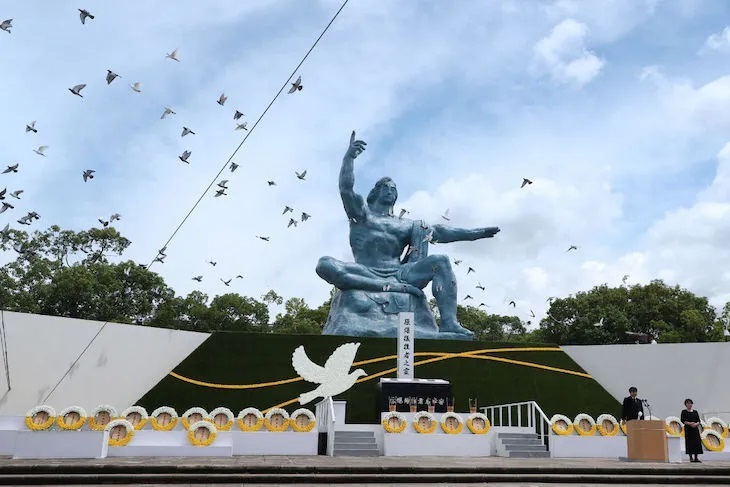






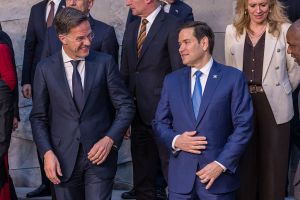
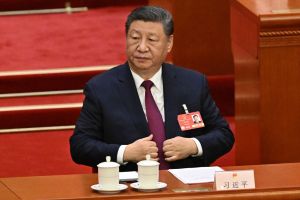
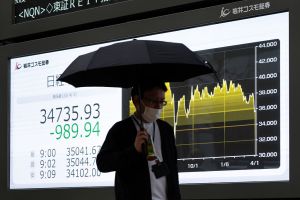
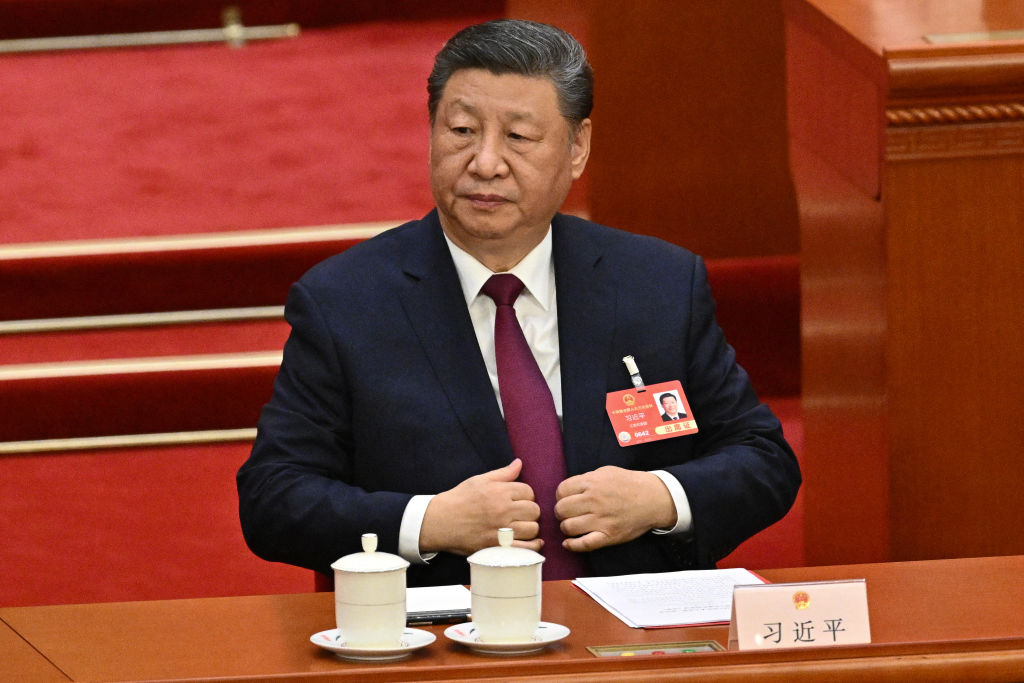
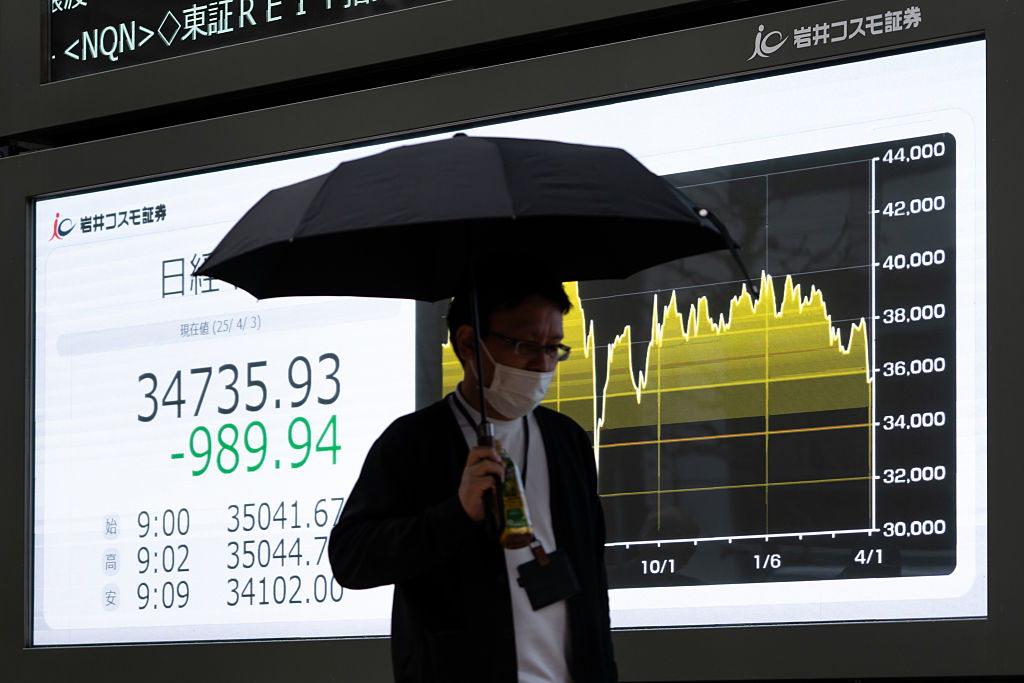

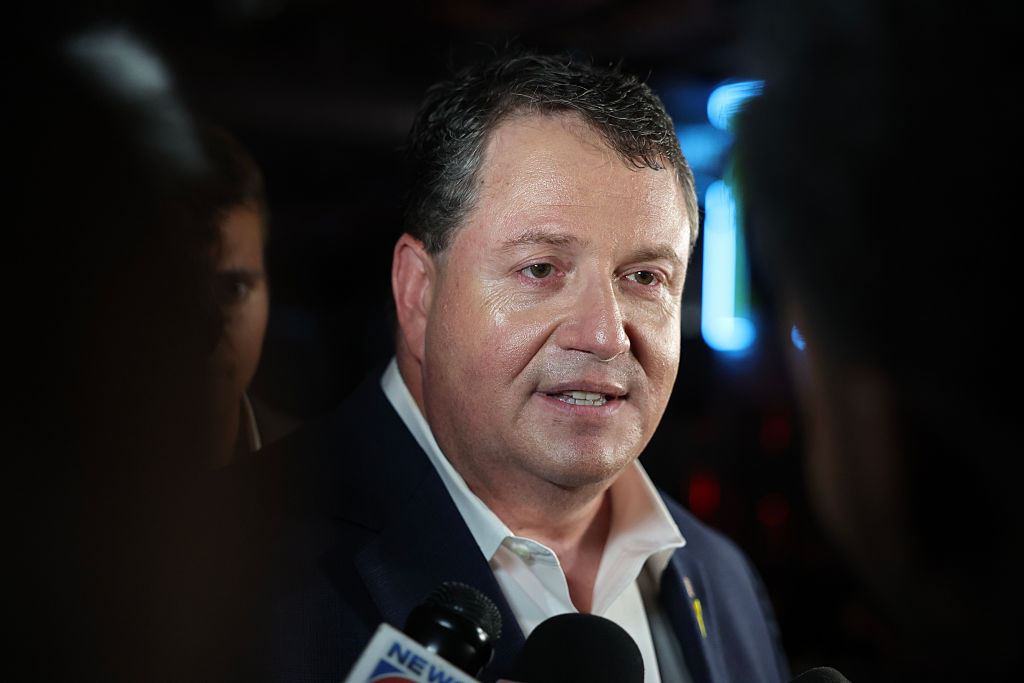
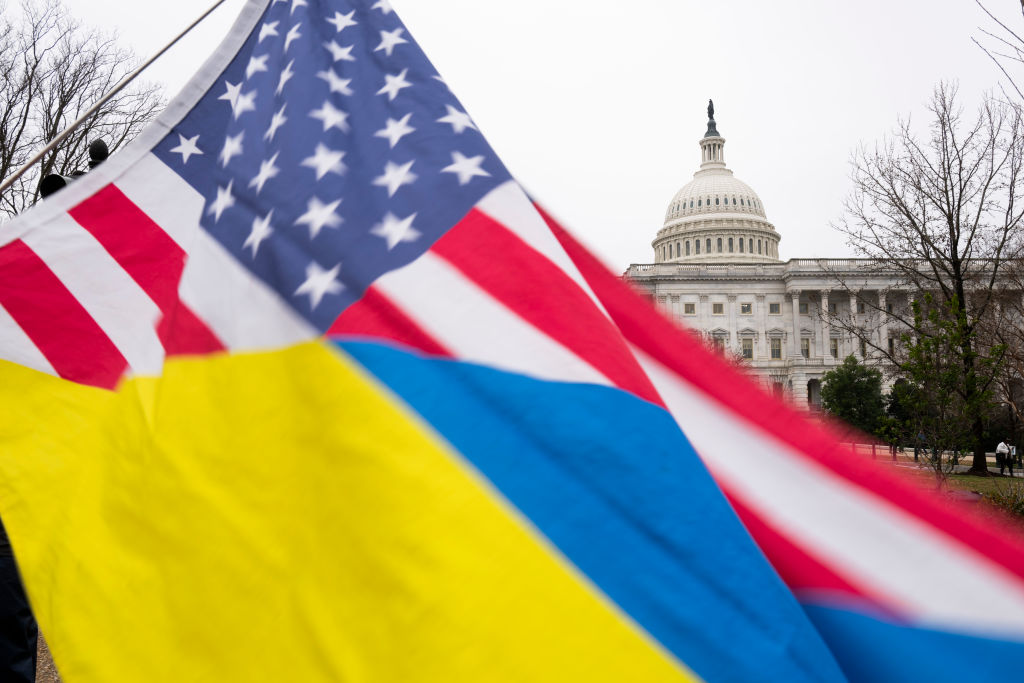
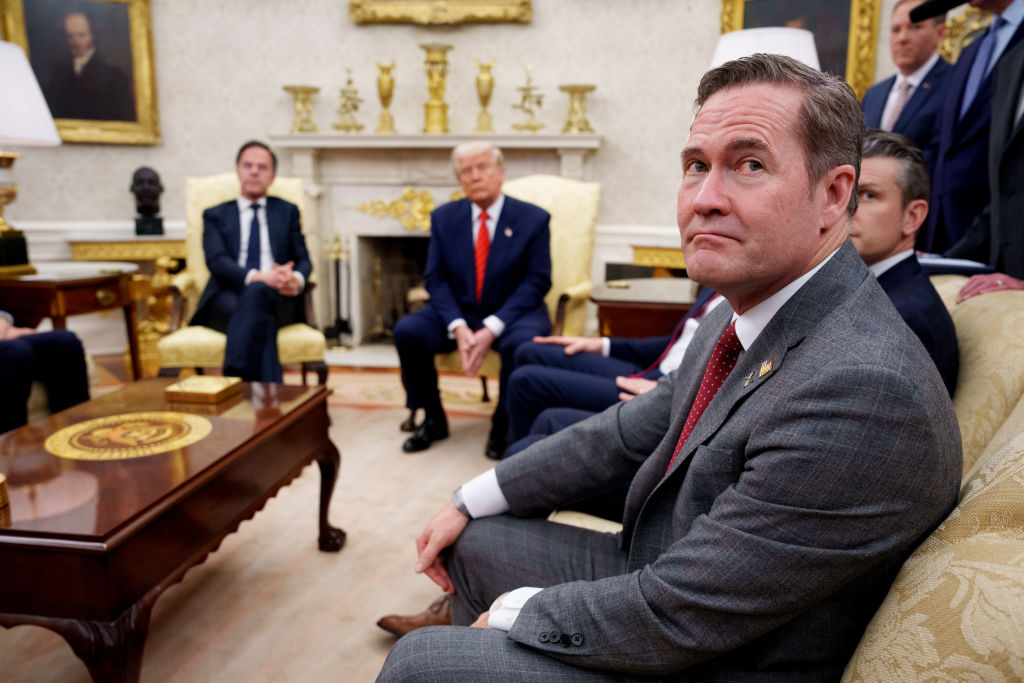







Leave a Reply